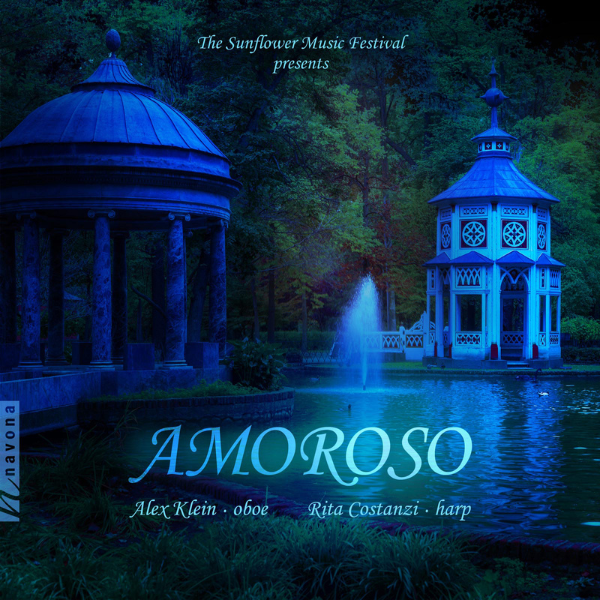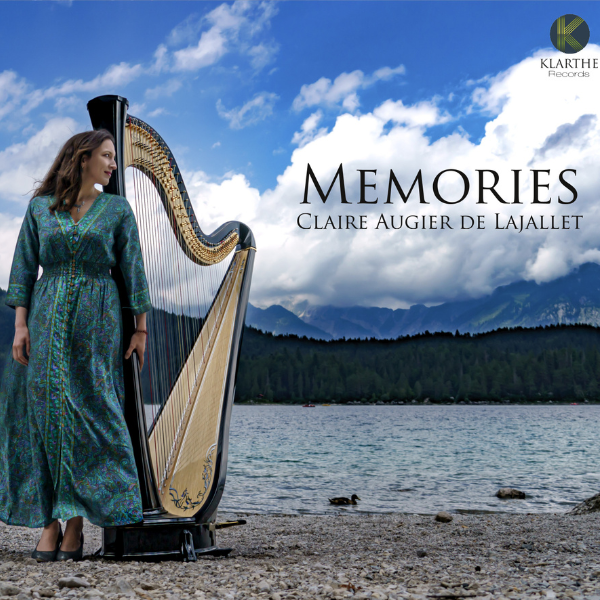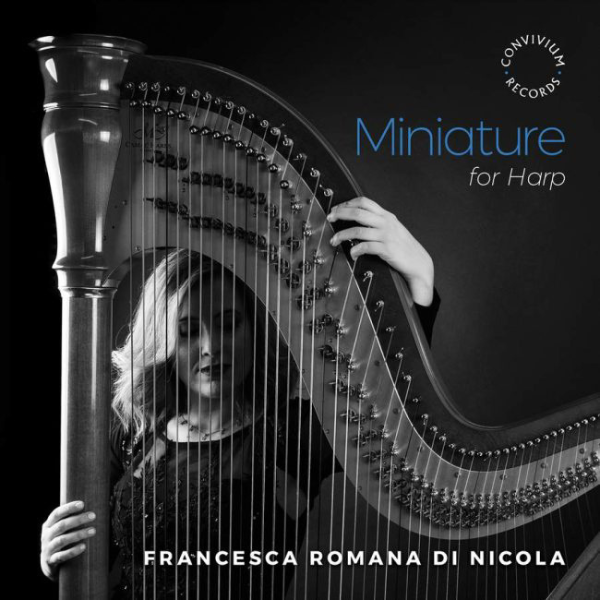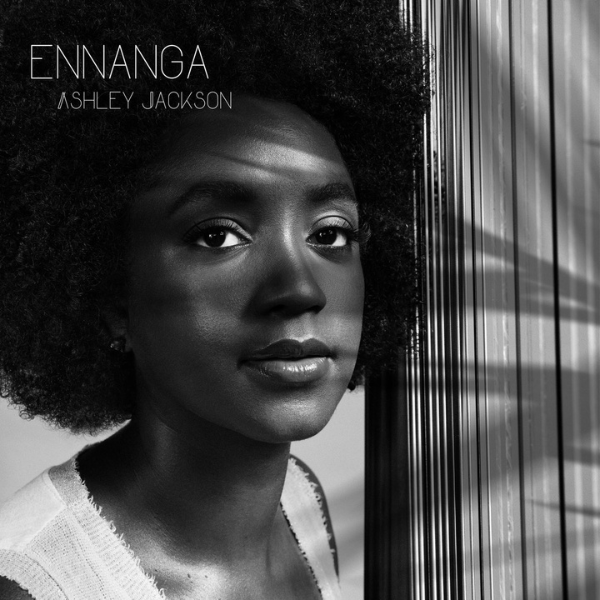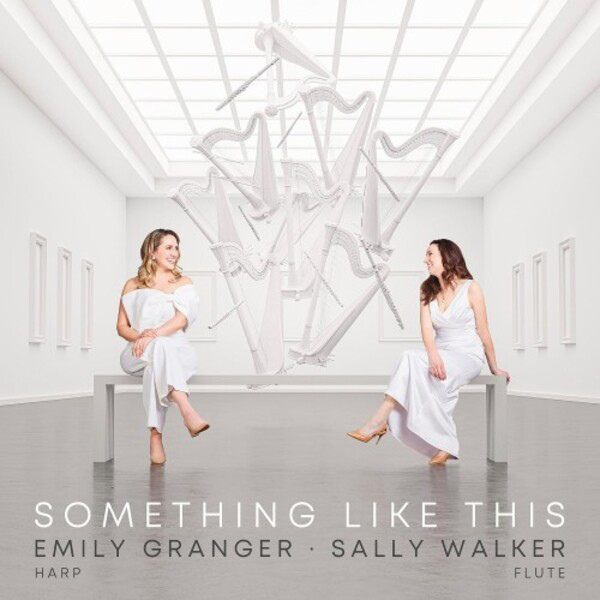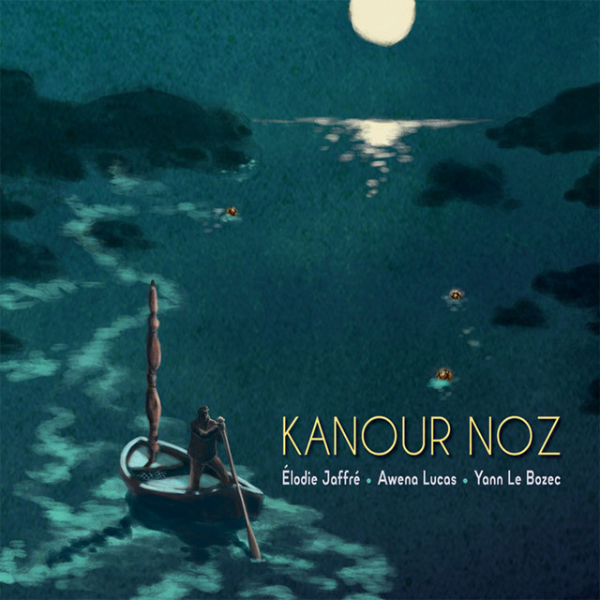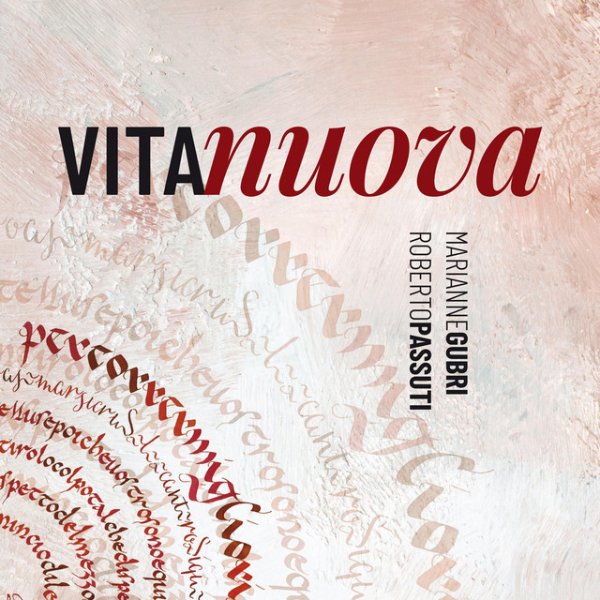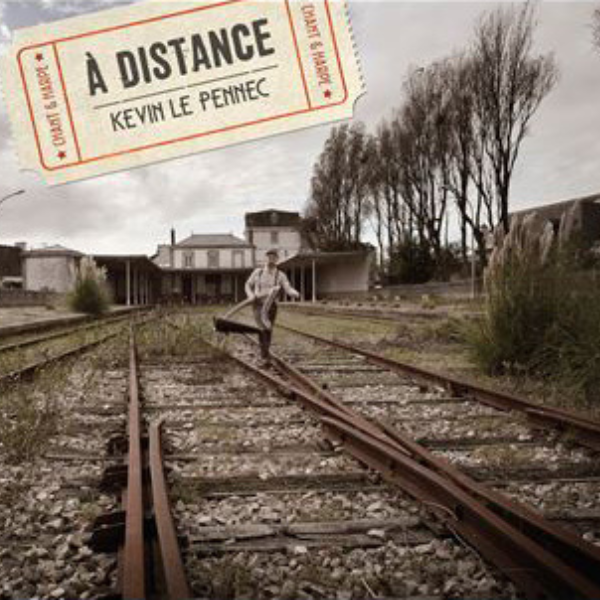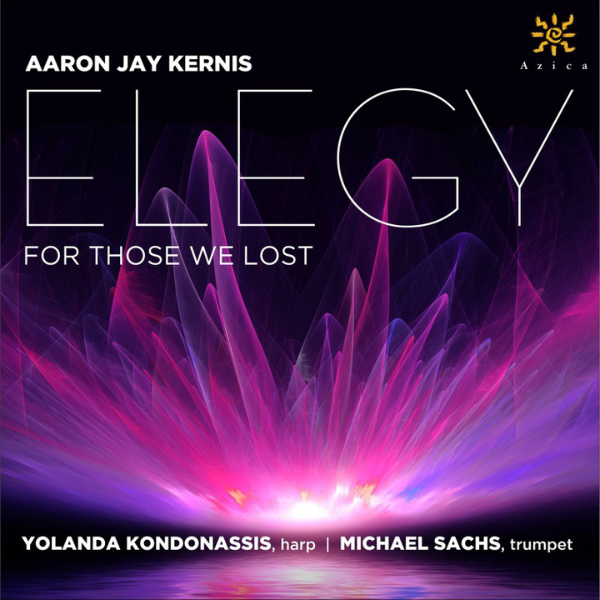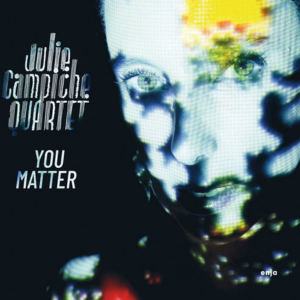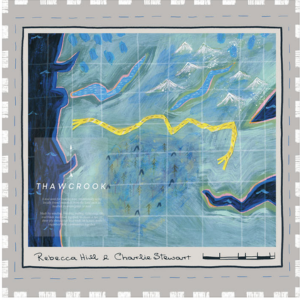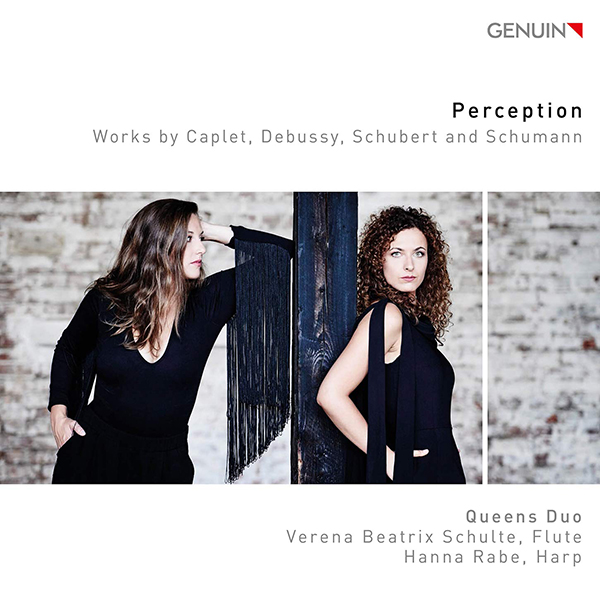
10/10
Queens Duo: Hanna Rabe, harp, and Verena Beatrix Schulte, flute. Genuin Classics, 2020.
In the superbly written program notes for Perception, the latest release from Queens Duo, things begin with a quote attributed to Henry David Thoreau: “It’s not what you look at that matters, it’s what you see.” In this case, it would seem it’s not just what collection of sound hits our ears, but how those sounds hit our ears, how they makes us feel, what moods, memories, and images are conjured, and how music—when delivered just so—succeeds at being a better container for communication than words themselves. I find it a wonder that my perception from the first notes were less about anything technical or academic, and far more visceral. Let’s just say Queens Duo took my breath away.
Flutist Verena Beatrix Schulte and harpist Hanna Rabe juxtapose their own arrangements from the romantic and impressionist world, asking us to perceive the familiar in a new way. As a former professional flutist, my response was “bravi!” for showing the world that these composers might happily have started out with flute and harp as their muses rather than their intended instruments. Schulte, in particular, exhibits a natural and keen awareness of the style, allowing her luscious tone to speak as a singer with ever the slightest moderation on forward motion, giving the music a chance to breathe. To provide the cushion for this is Rabe’s responsiveness, making it entirely believable that these two play as one mind, one soul.
Most successful is Franz Schubert’s “Arpeggione” sonata, where the poetic sense is mandatory. The melody is clearly crafted by a songwriter, each thought lyrically spelled out, and vacillating unpredictably from dark to light within a moment. The duo offers us a glimpse into a complex mind that never shies from the deeper emotions and considerations of life, but then boldly casts all that aside for something less austere, but rather in-the-moment and carefree. To do this, and not come off as shallow or casual, the artists maintain a clarity of intention in their phrases, with a durable throughline as well as impressive contrasts in color and dynamic—a feat not always easy to pull off.
The CD begins with Robert Schumann’s Three Romances, a glimpse in miniature of the tortures of Schumann’s divided personality—Florestan, the fiery and impulsive, and Eusebius, the dreamy and reflective. It’s brave to begin a disc with this work, one that haunts with unrequited hope and passion. And yet Queens Duo does it anyway, showing they’ve got this. The longing and introspection that might require an instrumental combination with a wider expressive palette to display comes instinctively to them, in fact defines them.
Queens Duo manages to create an orchestral sonority that surprises and delights. Prepare to be completely mesmerized with the opening line of Debussy’s Prelude to the Afternoon of Faun. That alone makes this disc worth owning. Two pieces by André Caplet, one soothing, the other quixotic, end the disc in stylish fashion.






